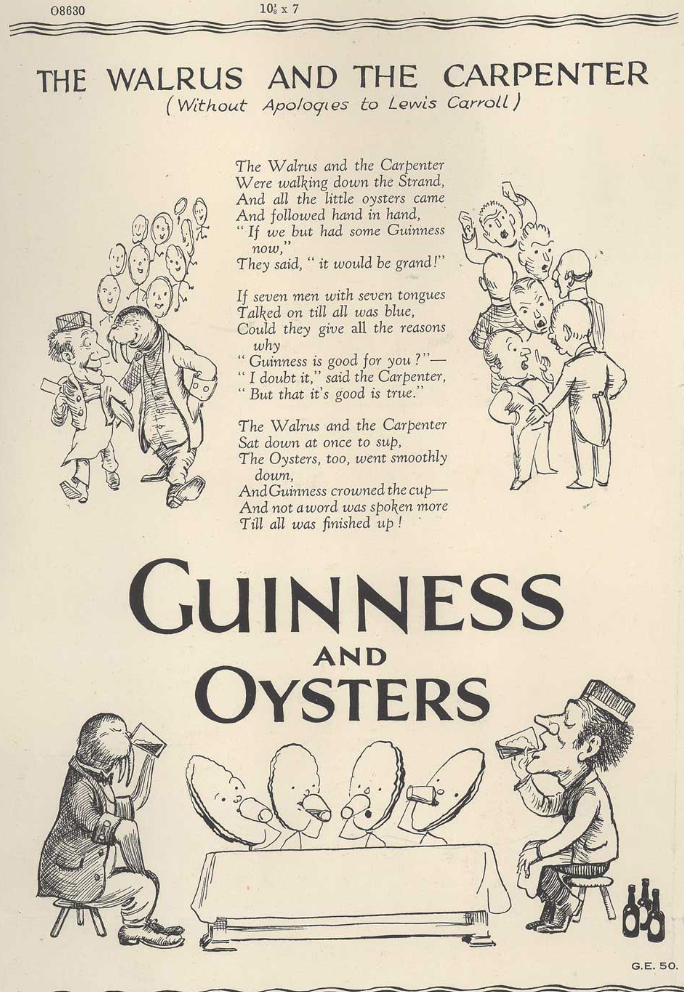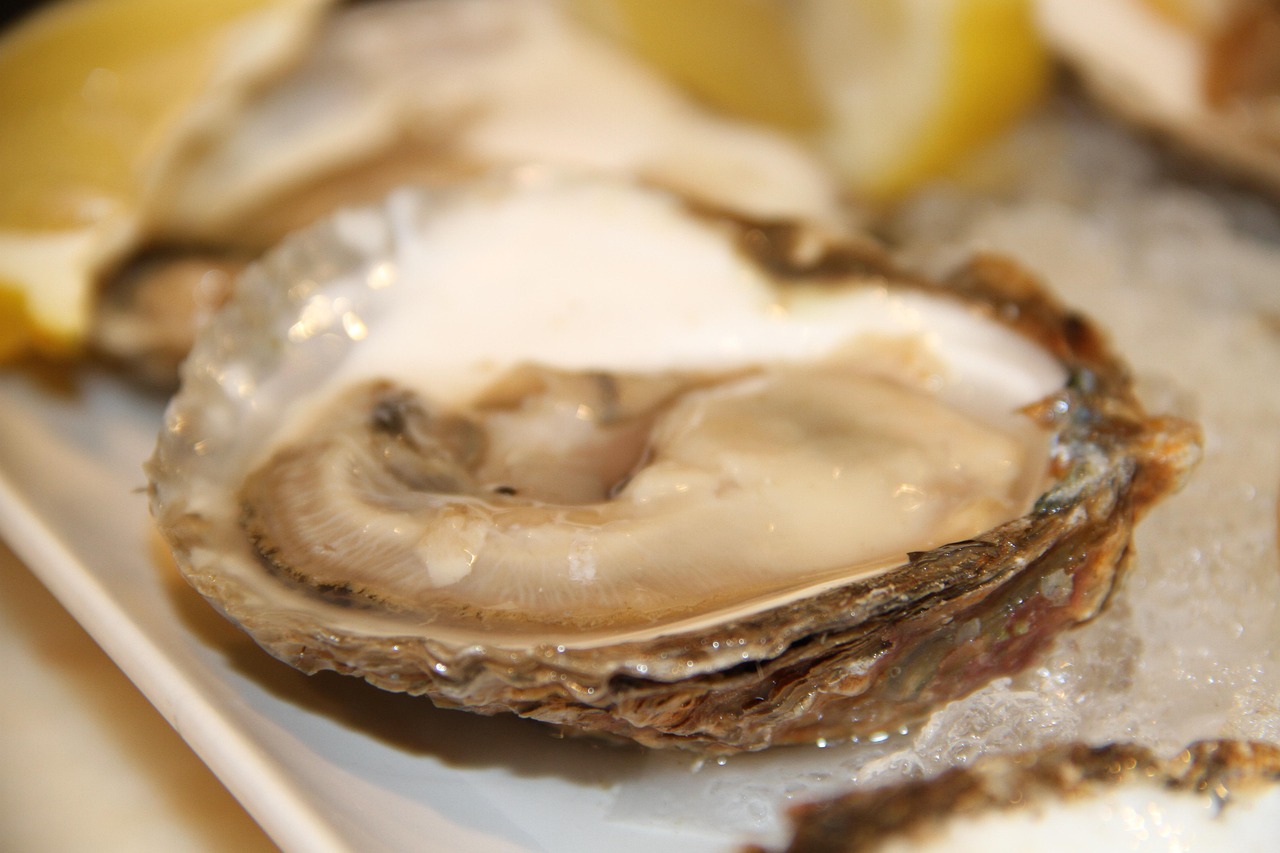Read what people have had to say about oysters and why they love (or hate) them.
What is an oyster if not the perfect food? It requires no preparation or cooking. Cooking would be an affront. It provides its own sauce. It’s a living thing until seconds before disappearing down your throat, so you know – or should know – that it’s fresh. It appears on your plate as God created it: raw, unadorned. A squeeze of lemon, or maybe a little mignonette sauce (red wine vinegar, cracked black pepper, some finely chopped shallot), about as much of an insult as you might care to tender against this magnificent creature. It is food at its most primeval and glorious, untouched by time or man. A living thing, eaten for sustenance and pleasure, the same way our knuckle-dragging forefathers ate them. And they have, for me anyway, the added mystical attraction of all that sense memory – the significance of being the first food to change my life. I blame my first oyster for everything I did after: my decision to become a chef, my thrill-seeking, all my hideous screwups in pursuit of pleasure. I blame it all on that oyster. In a nice way, of course.
― Anthony Bourdain, A Cook’s Tour: Global Adventures in Extreme Cuisines.
He was a bold man that first ate an oyster.
― Jonathan Swift, A Complete Collection of Genteel and Ingenious Conversation.
No, I do not weep at the world —
I am too busy sharpening my oyster knife.
Zora Neale Hurston.
They’re like a weird couple. If you were to personify the artichoke and the oyster, they would have a great date. They would totally get along.
― Parker Posey
All art is autobiographical;
the pearl is the oyster’s autobiography.
Frederico Fellini.
You’re enough to try the patience of an oyster!
― Lewis Carroll, Alice’s Adventures in Wonderland / Through the Looking-Glass.

I supped at the Carlton, with a large party, of oysters and Guinness, and got to bed at half-past twelve o’clock. Thus ended the most remarkable day hitherto of my life.
― British Prime Minister Benjamin Disraeli, November 1837.
Small and rich, looking like little ears enfolded in shells, and melting between the palate and the tongue like salted sweets.
― Guy de Maupassant, Bel-Ami, describing Ostend oysters.
Why, then the world’s mine oyster,
Which I with sword will open.
William Shakespeare, The Merry Wives of Windsor.
As I ate the oysters with their strong taste of the sea and their faint metallic taste that the cold white wine washed away, leaving only the sea taste and the succulent texture, and as I drank their cold liquid from each shell and washed it down with the crisp taste of wine, I lost the empty feeling and began to be happy and make plans.
― Ernest Hemingway, A Moveable Feast.
Enthusiasm, I like to compare,
To oysters, gentlemen – beware!
— Johann Wolfgang von Goethe, Fresh Egg, Good Egg.
